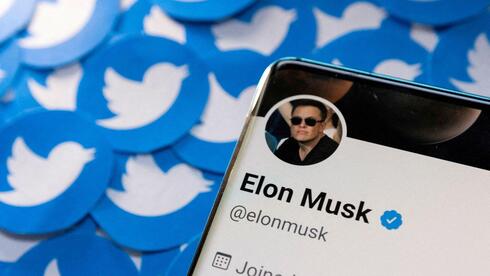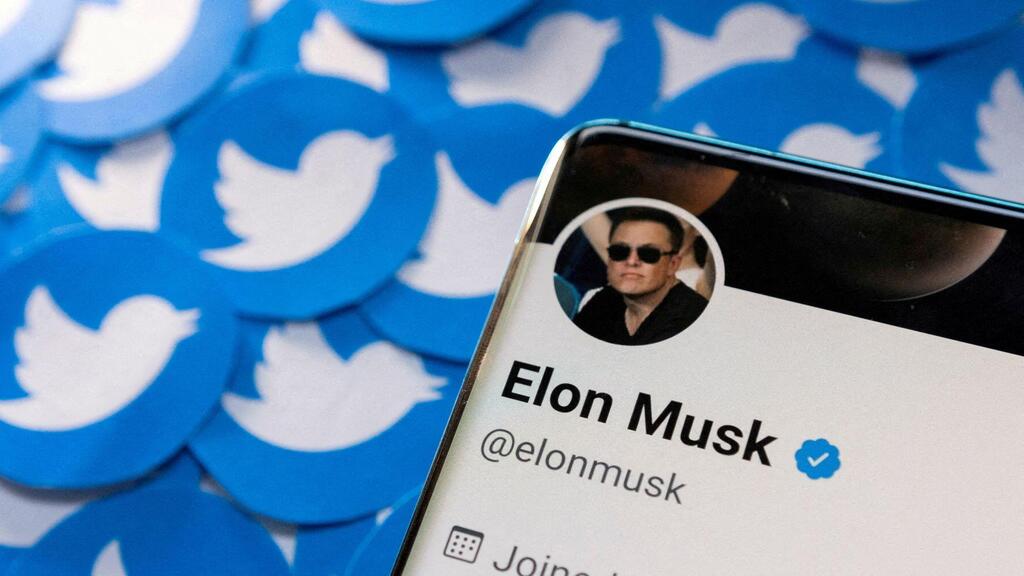
Opinion
Twitter charging $8 per month for verification is going to cause one massive headache
Verification on Twitter is supposed to confirm authentic accounts and prevent abusive behavior - a monthly payment will do none of that
New Twitter “Complaint Hotline Operator” Elon Musk is proposing a new monthly payment of $8 to ensure users can obtain and keep their verification badges known colloquially as Blue Ticks. The reasons he would do this are clear: the company needs to start making money and also combat the high numbers of anonymous users who account for the levels of hate speech and impersonations across the platform. But the path to force users to pay for their verified status might cause more problems than he thinks.
Twitter introduced verified badges in 2009 following a legal dispute when a user claimed he was being impersonated. Since then, the little badge has appeared alongside the names of brands, politicians, celebrities, and journalists - including this writer who gained his own roughly one year ago. As time goes on, the Blue Tick has become a way for users to see that the accounts posting tweets are authentic and at least reach some sort of editorial standard to avoid the flurry of fake news or anonymous abuse.
Applying for a verification badge is typically quick, despite requiring a long process of identification. Users show Twitter any social media accounts, government-issued press badges, and published work from at least three different media outlets. It means that over the years those who are verified have amassed a readership that Twitter could see was valid and authentic. Many users critique the “Blue Tick Journos” who often lean Left and tend to stick to their echo chambers online, but there is at least a little validity in what the badge represents given their years of work in the industry.
Musk’s proposal to charge $8 per month to keep the badge will backfire in a few ways. First, while brands may not find an issue with paying the tax, it is the local journalists and content creators that will be left to do it themselves. Suddenly the years of credible reporting and analysis will be dependent on a financial payment to maintain that validity - does their experience suddenly mean nothing?
Second, the $8 payment to add the verification badge will do little to prevent someone intent on impersonating someone. If the verification process is open for anyone with a wallet, then the very badge itself will lose all meaning and the validity of each account can be questioned.
Finally, the introduction of a badge that is added via payment will bring a strange status hierarchy among users which doesn’t currently exist on Twitter in its current form. Sure, there might be some politics among users who believe they deserve a badge of their own. But today, it is based on a criterion that depends on published work and clear identification decided by Twitter internally. Making it people’s financial decision to pay for the badge will ensure that only those with that disposable income can enjoy the platform’s additional benefits now seen in Twitter Blue - still unavailable in Israel.
Musk has yet to introduce this policy, and he has maintained that for now there will always be a free option for those who wish to keep using the platform without charge. So those who choose not to pay can still play the dirty tricks that Musk is trying to prevent. Those who may lose their badge will lose their online credibility following years of hard work. Additionally, those who may want to impersonate celebrities can simply pay for that privilege and bypass the identification process. Assuming Musk can even address these problems, there will still remain a social schism among all users between those who pay and those who don’t.
One way to combat this is to introduce a second badge which is an entirely different color and that serves a different purpose. Similar to how some accounts include the tag “Government Official”, Musk suggested Twitter could open up the Blue Tick to all users while also introducing new badges for those in the media or in government. In my mind, it seems to be the best option for now. Twitter needs income and it also needs to tackle the challenges that have plagued the platform for many years. This might be a good place to start.
The bird is freed, yes. But let’s not make it at the expense of credibility and authenticity provided by the Blue Ticks. Twitter has enough problems without diluting one of its best strengths.
James Spiro is an editor and journalist at CTech. He has a blog at Times of Israel and can be found on Twitter at @JamesSpiro















